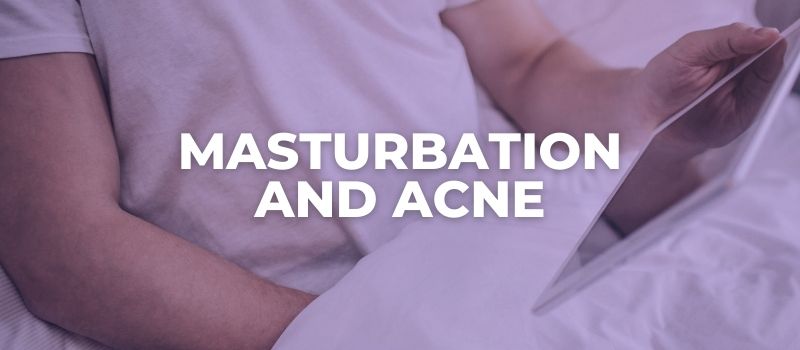HOW TO TREAT ACNE?
ACNE
Acne is a common skin condition that affects the hair follicles and oil glands in the skin. It usually appears as pimples, blackheads, whiteheads, and cysts on the face, neck, chest, back, and shoulders. Acne can range from mild to severe, and it can cause physical and emotional distress for those who suffer from it.
The cause of acne is multifactorial and involves several factors, including genetics, hormones, bacteria, and inflammation. Hormonal changes during puberty, menstruation, pregnancy, and menopause can trigger the overproduction of oil in the skin, which can clog the pores and lead to acne. Certain medications, such as steroids and birth control pills, can also cause acne as a side effect.
Acne can be treated with over-the-counter or prescription topical creams, gels, and lotions that contain ingredients such as benzoyl peroxide, salicylic acid, and retinoids. Oral antibiotics and hormonal therapies may also be used for more severe cases of acne. In addition, lifestyle changes such as maintaining a healthy diet, reducing stress, and avoiding certain skincare products may help to prevent or improve acne.
It's important to note that acne can have a significant impact on a person's self-esteem and quality of life. Seeking medical treatment and support from healthcare professionals and mental health professionals may be beneficial for those experiencing emotional distress related to acne.
How does acne occur?
Acne is a common skin condition that occurs when hair follicles become clogged with oil and dead skin cells. The process of acne formation typically begins with the overproduction of sebum, an oily substance that helps keep the skin lubricated. When too much sebum is produced, it can mix with dead skin cells and bacteria and block the hair follicles.
This blockage can cause the hair follicles to become inflamed, leading to the development of pimples, blackheads, whiteheads, and other types of acne lesions. The severity of acne can vary widely, from mild cases with just a few pimples to severe cases with widespread inflammation and scarring.
Acne can also be influenced by a number of factors, including genetics, hormones, stress, and certain medications. Treatment for acne typically involves a combination of topical and/or oral medications, as well as lifestyle changes aimed at reducing inflammation and promoting healthy skin.
DOES MASTURBATION CAUSE ACNE?
When we masturbate, we generate heat in our bodies. Masturbation per day may not cause major acne, but when we do it 2 or 3 times per day continuously for a week, sure, the acne will occur. Masturbation is healthy, but two weeks at a time is good. Daily masturbation may cause problems in the baby-forming process. It's not suits for all the men. I just mentioned it may be a problem. The major role of sperm is to make our bodies cool. When it ejects in a huge manner per day, our body will produce heat, which will cause acne in the face and even in the nearby area of the penis.
HOW TO TREAT ACNE?
The treatment for acne depends on the severity of the condition. Here are some general steps that can help manage and reduce acne:
Keep the skin clean:
Gently wash the affected area with a mild cleanser twice a day to remove excess oil, dirt, and dead skin cells.
Avoid touching the face:
Touching or picking at acne can worsen the condition and spread bacteria, so avoid touching the face as much as possible.
Use over-the-counter medications:
Topical medications such as benzoyl peroxide, salicylic acid, and retinoids can help unclog pores and reduce inflammation. These medications can be found in various forms such as gels, creams, and lotions, and are available over the counter.
Consult a dermatologist:
If the acne is severe, a dermatologist may recommend prescription-strength medications such as antibiotics, oral contraceptives, or isotretinoin.
Make lifestyle changes:
Eating a balanced diet, getting regular exercise, reducing stress, and avoiding irritants such as harsh chemicals and sun exposure can also help manage acne.
It is important to note that acne treatment can take time, and consistency in following the prescribed regimen is key to achieving optimal results. It is also essential to avoid using multiple products at once, as this can lead to skin irritation and worsen acne.
I personally treat my acne using TRIPLE ACT soap, which was suggested by a doctor. which gives relief from acne for me and my family members. and I've been using it for 7 years. It will be available in all the medical shops.
( Disclaimer: It's not a promotion. I personally used it, and the Triple Act was suggested to me by a doctor.)




:max_bytes(150000):strip_icc()/GettyImages-904123262-7895326604514cb99c7d44366ec23189.jpg)



Comments
Post a Comment